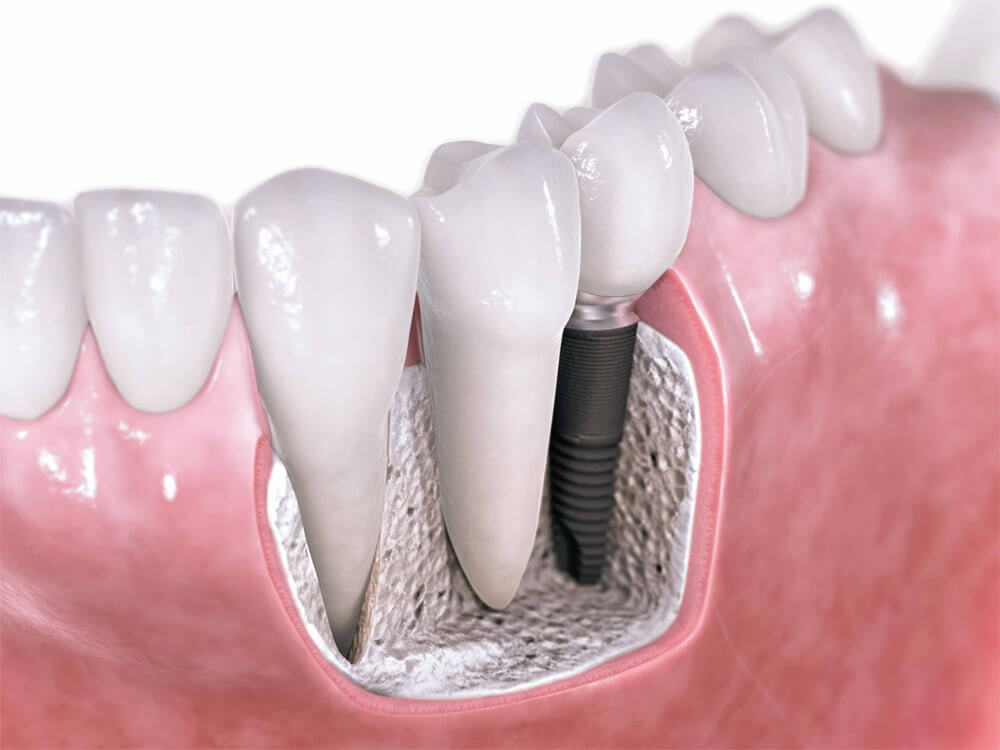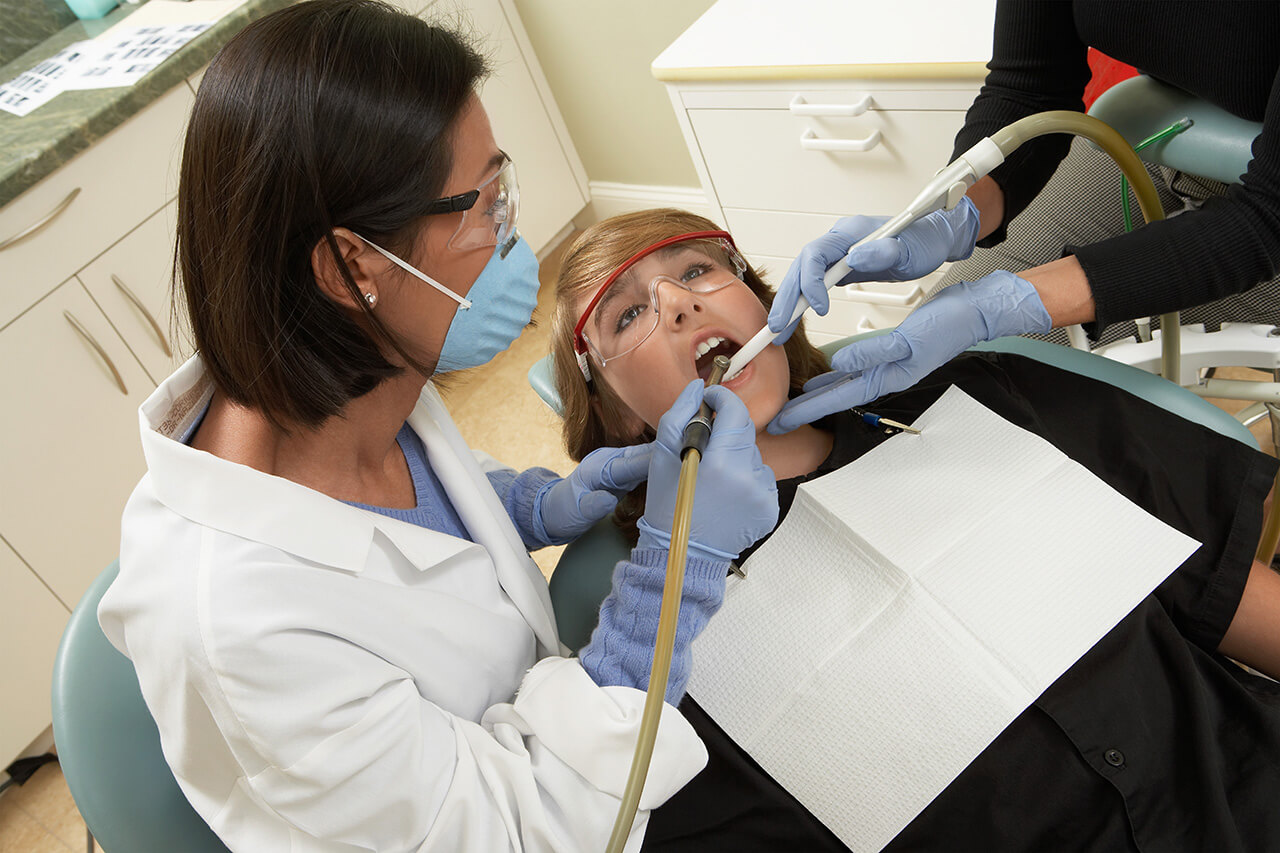Are you longing to get your missing tooth fixed but are not sure how dental implants work? Are you wondering if dental implants will be suitable for you? We have all the information you need to get a better grasp on how dental implants can transform your smile and quality of life. Get a consultation at your local dental clinic for a thorough assessment.
Things You Need to Know about Dental Implants
Basically, dental implants help in replacing your missing tooth with titanium posts which then performs like your other natural tooth.
Implants can be used to replace a single tooth, several teeth to hold a fixed bridge or they can be used to secure removable partial and full dentures.
Implants can be used to substitute lost teeth due to disease or may have been knocked out from some form of trauma, such as from playing sports.
Is it Necessary to Substitute the Missing teeth?
If proper care is not taken for the missing teeth it can change your natural face shape and your smile as well. It can also cause your bite to collapse which is not only costly, but damaging to your health.
How do Decide if a Dental Implant is the Right Choice?
Before implanting, your dentist will complete a medical evaluation during your consultation to ensure you don’t have any health conditions that can make surgery inadvisable.
In addition, your dentist may use several diagnostic tools such as CT scans or dental X-rays in order to determine the precise location for the implant to be installed.
How Long is the Procedure?
This procedure takes place in two steps:
First Stage
- Initially, your dentist will make an incision in the gum tissue and create a hole. This process is usually carried under a local anesthetic.
- A titanium post is then inserted into the jawbone to serve as an anchor for an artificial tooth replacement to be attached. After the implant has been placed in the hole, the gum is stitched securely.
- The site is left to heal so the implant post can integrate firmly with the jawbone. During this process, new bone cells will grow on and around the implant post, ensuring it cannot move and that it is strong enough to support a restoration.
- To avoid any complications, precautions need to be taken. Dental appliances should not be worn after the first few days of surgery as it is important to not put pressure on the site of implant while it is healing.
Second Stage:
- The second surgical procedure is shorter and takes place between three to eight months later. At this stage, the implant is exposed and evaluated.
- Your dentist will evaluate the site and determine whether the implant post has been successfully locked into the jawbone or not.
- If the implant has failed to lock in then it may need to be removed. Options at this stage includes:
- Changing the implant.
- Place the implant in a different area.
- If the implant has been secured, then an abutment is attached to the implant will be used to hold the crown denture firmly in position. Lastly, a permanent crown is affixed.
Dental Implants – The Pro’s and Con’s

Dental Implants are known for:
- Durability. Implants are a predictable way to replace a missing tooth and are highly durable, potentially lasting over 25 years.
- Maintenance. Implants do not damage the adjacent teeth like bridges and partial dentures. It it also much easier to clean and maintain compared to other solutions.
- Falling out. Unlike dentures, you won’t need to worry about the implants shifting or slipping out of your mouth as dental implants eventually grow into your jaw just like your natural teeth.
- Oral health. Since this procedure doesn’t affect the adjoining teeth, it leaves them intact and improves your oral health.
- With poor-fitting dentures, the teeth can slip within the mouth causing you to mumble or slur your words. Dental implants allow you to speak clearly and more articulate without the worry that teeth might slip.
- Sliding dentures can make chewing difficult. Dental implants function like your own teeth, allowing you to enjoy your favourite foods.
There is always some level of risk associated with any type of surgery. The risks associated with dental implants can occur during the surgery or tooth restoration phase. Surgical risks can include:
- Excessive Bleeding
- Swelling
- Infection
- Temporary facial bruising
Complications like these are not very severe and can be treated by proper medication.
How Successful are Dental Implants?
The success rate of getting dental implants is around 98%. Once the installation and healing have been completed, you may be lucky and have the implants last the rest of your life!
Depending on the location of the implant in your jawbone, your diet and dental hygiene, the timeline of the dental implants can vary.
Now that you have ample information about dental implants, go ahead and find an experienced dental professional for a consultation to find out if dental implants are the right solution for you.







